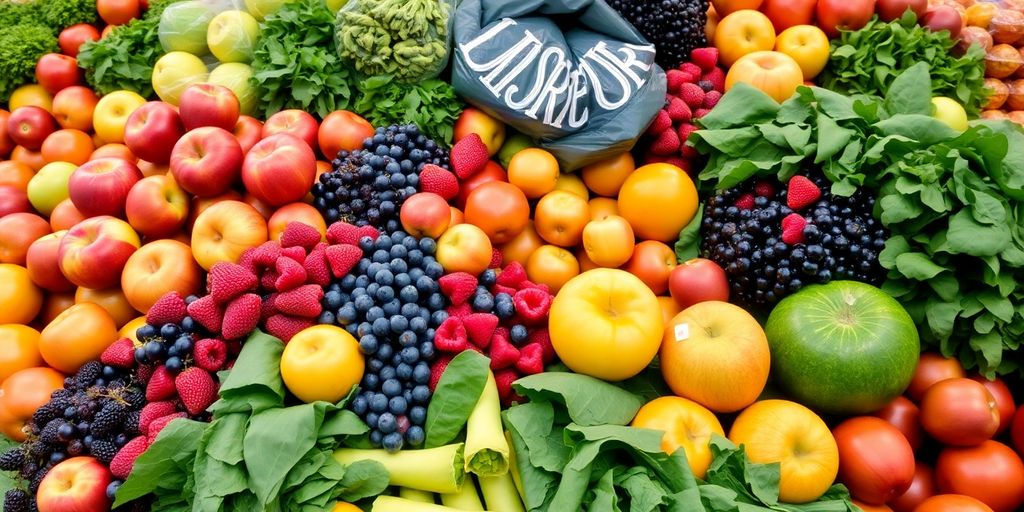
Plastic-Free Produce: Supermarkets Under Pressure to Ditch Packaging
Share
Supermarkets across the UK are facing mounting pressure to significantly reduce their reliance on plastic packaging for fresh produce. A proposal by the anti-waste charity Wrap calls for a government ban on plastic wrapping for 21 common fruit and vegetable items, aiming to curb the nation's substantial plastic and food waste.
A Call To Return To Traditional Shopping
The influential anti-waste charity Wrap is advocating for a government ban on plastic packaging for 21 types of fresh produce, including staples like bananas, apples, potatoes, and tomatoes. This initiative, which aims to transform shopping habits by 2030, encourages a return to the traditional 'greengrocer' style of shopping, where consumers can select and weigh loose items as needed. Wrap's chief executive, Harriet Lamb, acknowledged the challenge, stating it would be "one of the biggest changes in the retail landscape in a while," but emphasized its necessity to break the cycle of waste.
Tackling Waste Through Packaging Reduction
This proposal stems from alarming statistics: UK households discard nearly 100 billion pieces of plastic packaging annually, and approximately 30% of purchased fresh produce ends up in the bin. Wrap estimates that banning packaging on the specified items, when sold in quantities under 1.5kg, could eliminate 100,000 tonnes of fruit and vegetables from waste each year and reduce single-use plastic film by 13,000 tonnes. France has already implemented similar laws, setting a precedent for other nations.
Key Takeaways:
- A ban on plastic packaging for 21 fresh produce items is proposed by the charity Wrap.
- The goal is to reduce plastic and food waste by encouraging loose sales.
- The UK's current rate of loose fresh produce sales is significantly lower than in mainland Europe.
- Some items, like soft fruits, are expected to be exempt from the ban.
The Current State of Loose Produce Sales
The UK Plastics Pact, also led by Wrap, had set a target for 50% of uncut fruit and vegetables to be sold loose by the end of the decade. However, progress has been slow, with only 19.4% of fresh produce sales being loose in 2022, a stark contrast to mainland Europe's 50%. This slow progress suggests that government intervention, such as a ban, may be necessary to meet environmental goals.
Government Response and Industry Concerns
The Department for Environment, Food and Rural Affairs has stated its commitment to tackling plastic waste, mentioning plans for extended producer responsibility and a deposit return scheme. However, the British Retail Consortium has cautioned that any ban should be proportionate, citing potential economic and technical barriers for retailers. While the government is considering the proposal, the push for reduced plastic packaging on fresh produce highlights a significant shift in consumer and environmental expectations.
Sources
- Supermarket plastic ban proposed for fresh produce - Grocery Gazette, Grocery Gazette.
- ‘Shop like our nan!’ Call for supermarket ban on plastic packaging for fresh goods | Packaging, The Guardian.
- Supermarkets face ban on fruit and veg plastic packaging, Sustainability Beat.
